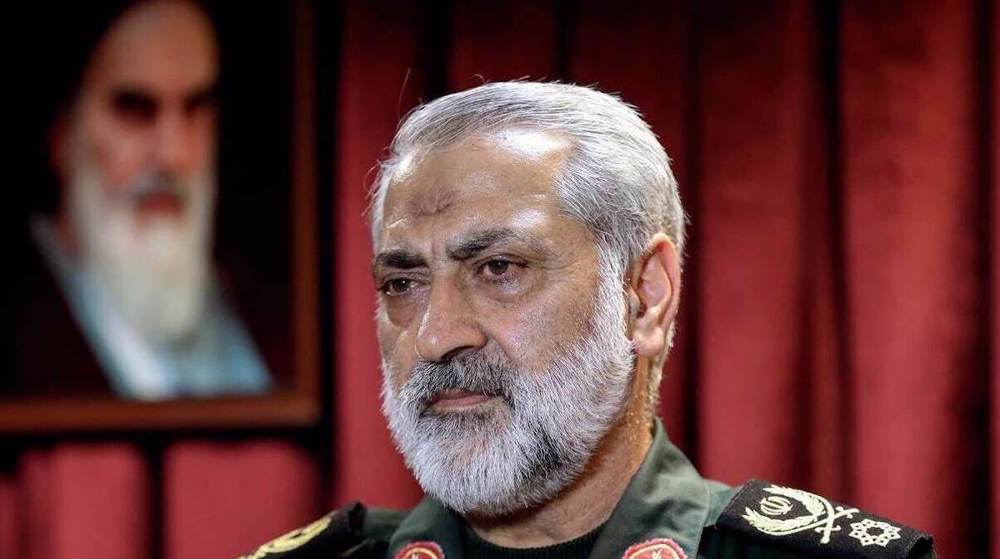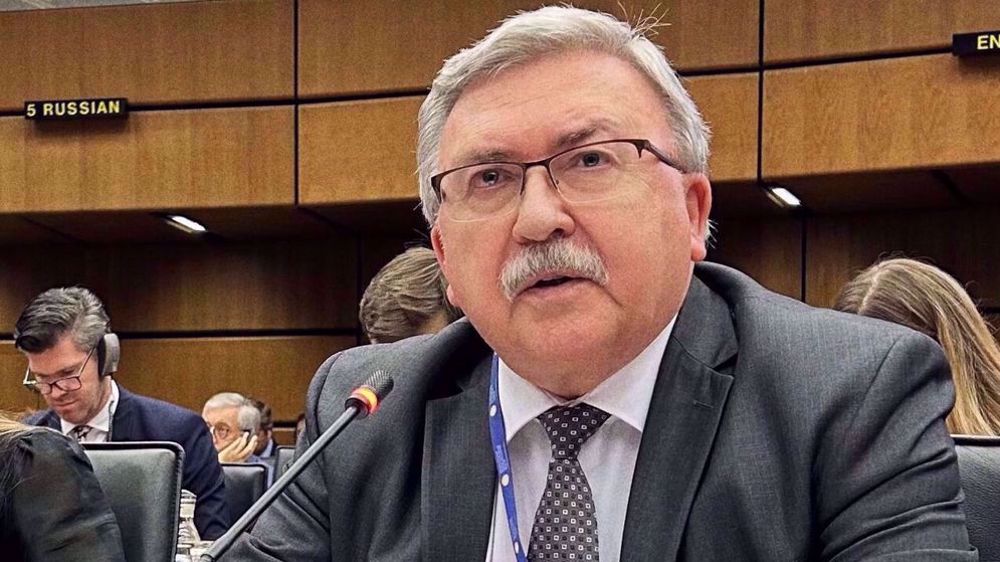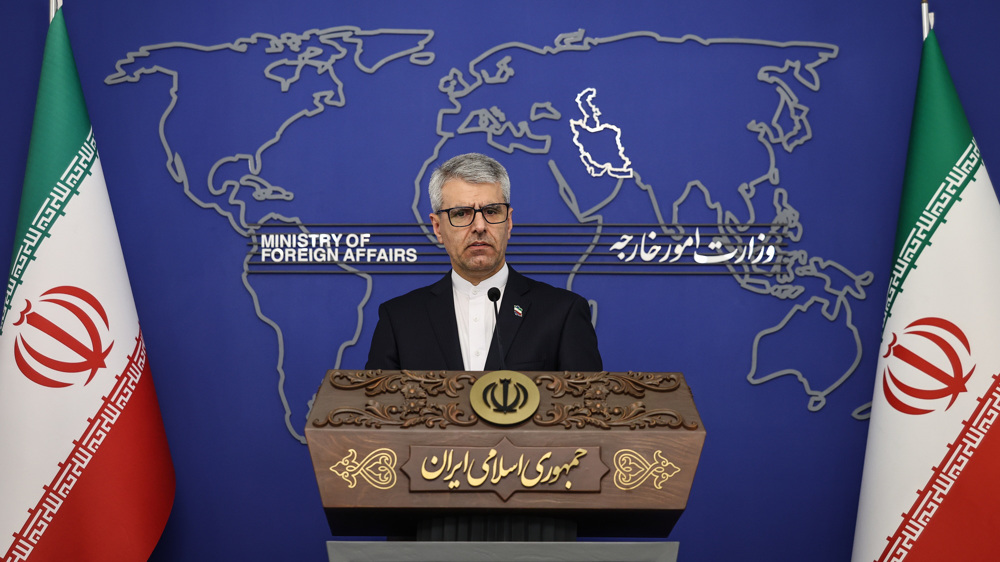Exclusive: Iran has decided next responses to nuclear deal violations
Iran has decided the next steps in the third stage of its response to the violation of the 2015 nuclear deal by the United States, officials say, as the deal's European signatories -- the UK, France and Germany -- fail to meet Tehran's demands to salvage the landmark agreement after Washington's withdrawal.
An Informed source told Press TV on Wednesday that the decision was going to be unveiled in the coming days.
Tehran also had no plans to walk back countermeasures it adopted in the previous two stages, the sources said.
The development comes as the United States has turned down efforts by France to save the nuclear deal -- known as the Joint Comprehensive Plan of Action (JCPOA).
Paris had apparently asked Washington to open a $15 billion credit line for Iran to help the Islamic Republic cope with the effects of America's unilateral economic sanctions in exchange for Iran's return to fully implementing the deal.
Brian Hook, US President Donald Trump's special representative for Iran, said recently that his country prefers to maintain its so-called "maximum pressure" campaign against Tehran, which seeks to zero out its oil exports.
Iran has already rejected the idea of a credit line, saying the only way it returns to JCPOA terms is when oil exports return to pre-sanctions levels.
“Our return to the full implementation of the nuclear accord is subject to the receipt of $15 billion over a four-month period, otherwise the process of reducing Iran’s commitments will continue,” Abbas Araqchi, Iran’s deputy foreign minister for political affairs, told reporters in Slovenia on Tuesday.
“Iran has repeatedly stated that it will return to the full implementation of the JCPOA only when it can freely sell its oil and fully access its oil revenues,” he said.
“Europe has to either buy oil from Iran or provide Iran with the equivalent of selling oil as a credit line guaranteed by Iran’s oil revenues, which in some sense means a pre-sale of oil,” Araqchi quoted Iranian President Hassan Rouhani as telling his French counterpart Emmanuel Macron in a recent conversation.
Upon announcing his departure from the JCPOA in May 2018, Trump called it the "worst deal ever" and pledged to force Iran through sanctions and pressure into renegotiating a new agreement that addresses its ballistic missiles and regional influence.
The Trump administration has ever since targeted Iran's industry and oil exports with various sanctions in a bid to cripple its economy.
It has also threatened Europeans to either follow suit and leave the JCPOA or face penalties for continuing business with Iran.
The pressure has kept Europe from delivering on its pledge to save mutual trade by enacting a special payment channel that protects European firms from US sanctions months after unveiling it in January.
Fed up with the foot-dragging, Iran announced the first stage of its countermoves in May by increasing its enriched uranium stockpile to beyond the 300-kilogram cap set by the agreement.
The Islamic Republic took the second step two months later, when it started to enrich uranium to purity rates beyond the JCPOA limit of 3.76 percent.
While Iran had made it clear that all of its responses to non-compliance by other signatories will be bound by the JCPOA's own mechanisms, it has also warned that leaving the deal altogether remains a serious possibility.
‘Trump authorized Epstein’s death’; ‘love for young girls’: Accusations infest new Epstein files
Libya’s army chief killed in Ankara plane crash after high-level talks with Turkish officials
Israeli settlers tear gas 3 Palestinian children in attack on West Bank home
‘He raped me’: New trove of Epstein files reveals why Trump tried to bury them
Iran halts gas exports to Iraq amid surge in domestic demand
Belgium files to intervene in South Africa’s ICJ genocide case against Israel
Netanyahu appears in court for 65th time in ongoing corruption trial
Iran's government submits $111bn budget bill for year 1405











 This makes it easy to access the Press TV website
This makes it easy to access the Press TV website